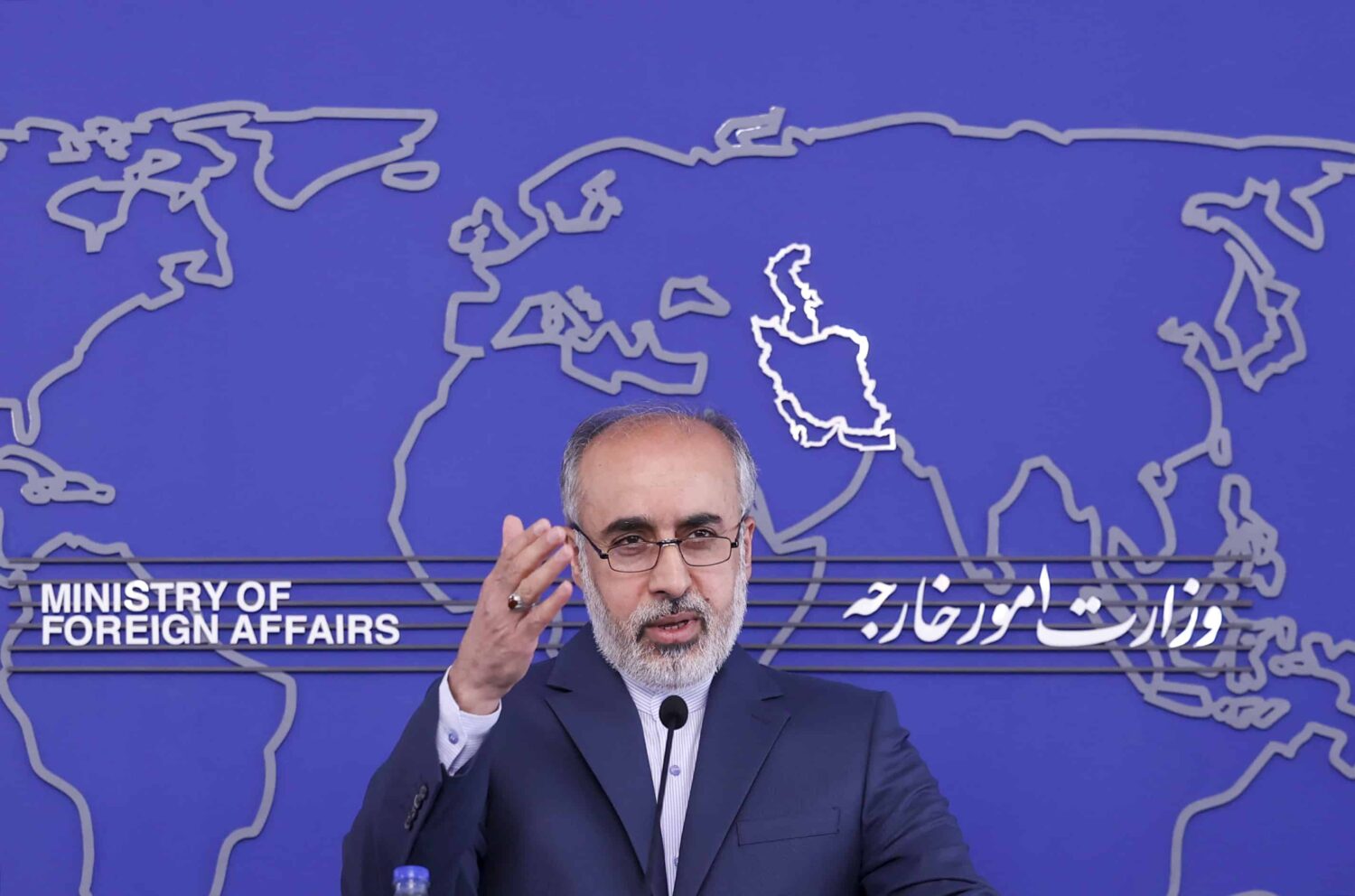TEHRAN, IRAN – Iran said Monday it would welcome restoring ties with Bahrain to end seven years of ruptured relations, following a recent China-brokered deal to heal rifts between Tehran and Riyadh.
“The resumption of political relations between Iran and Saudi Arabia shows the effectiveness and success of the diplomatic solution to resolve misunderstandings,” said Iran’s foreign ministry spokesman Nasser Kanani.
Tehran, pleased by the rapprochement with the Saudis, believes “relations between Iran and Bahrain are no exception to this rule”, Kanani added.
Riyadh and Tehran on Friday announced they would reopen embassies and missions within two months and implement security and economic cooperation agreements signed more than 20 years ago.
“With the positive atmosphere that we are witnessing in the region, this positive development can happen in relation to other countries in the region, including Bahrain,” Kanani said.
In 2016, Bahrain followed in Riyadh’s footsteps when Saudi Arabia cut ties after Iranian protesters attacked Saudi diplomatic missions following the Saudi execution of revered Shiite cleric Nimr al-Nimr.
In the past, Bahrain has also accused Iran of having trained and backed a Shiite-led uprising in the Sunni-ruled kingdom in order to topple the Manama government, an accusation Tehran denies.
The detente between Saudi Arabia, the world’s biggest oil exporter, and Iran, strongly at odds with Western governments over its nuclear activities, has the potential to reshape relations across a region characterized by turbulence for decades.
Iran and Saudi Arabia support rival sides in several conflict zones including Yemen, where the Huthi rebels are backed by Tehran and Riyadh leads a military coalition supporting the government.
The two sides also vie for influence in Syria, Lebanon and Iraq.
Some of Saudi’s Gulf Arab allies have already sent envoys back to Iran.
In September, Iran welcomed an Emirati ambassador after a six-year absence, and a month earlier it said Kuwait had sent its first ambassador to Tehran since 2016.








